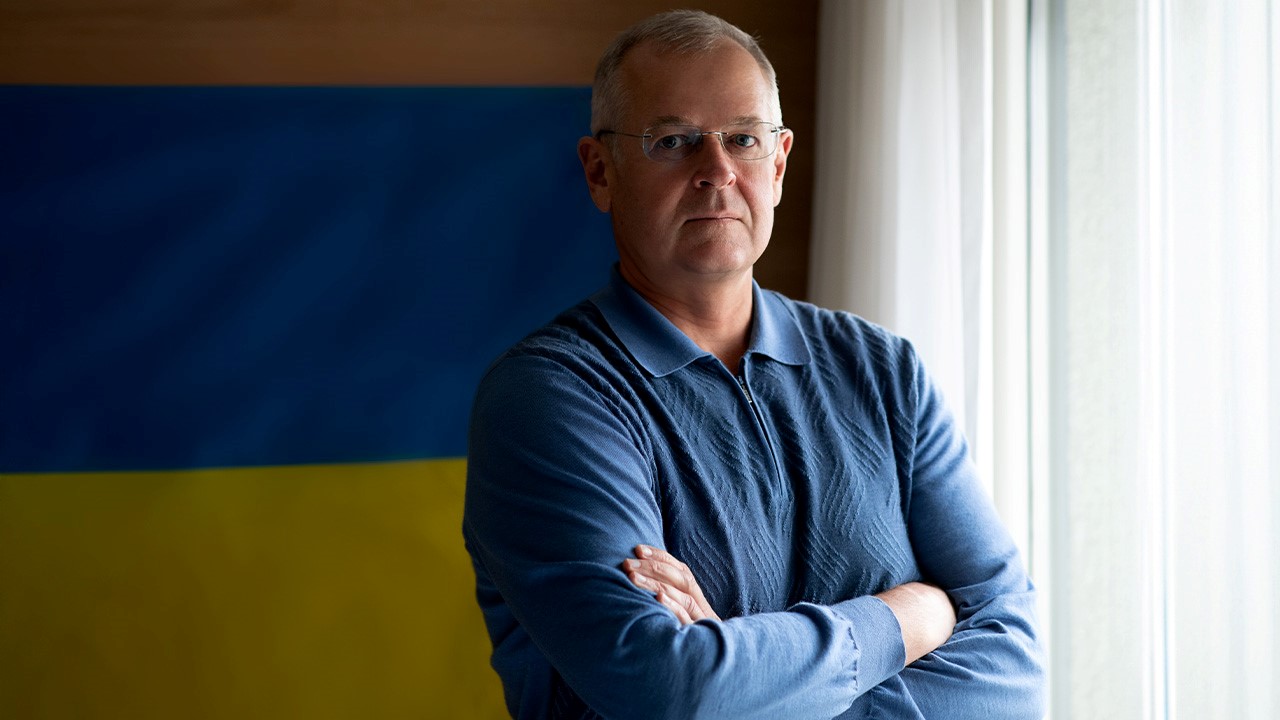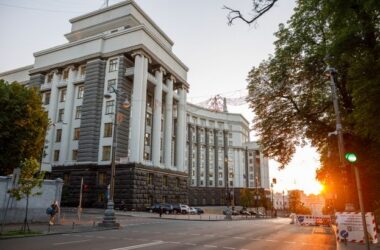Smart cities use innovative technologies to improve the quality of life of residents, optimise urban services, and increase the resilience of infrastructure.
Europe is one of the leaders in this direction, implementing a variety of projects, from the integration of IT solutions into household systems to the creation of fully integrated ecosystems that ensure the sustainable development of urban areas.
‘Ukraine has the opportunity to use European experience in building smart cities to solve its own urban challenges, especially in the context of post-war reconstruction and modernization’, Denys Kostrzhevskyi, Chairman of the Board of Directors of Kyiv International Airport, assures.
Europe’s Smart Cities
Barcelona, Amsterdam, Vienna, Copenhagen, and Helsinki are examples of the introduction of smart technologies to improve the quality of life of citizens.
Barcelona uses intelligent traffic management, traffic-activated street lighting, and sensors to monitor infrastructure and safety. Amsterdam has implemented innovative water management systems, smart energy meters, and a smart parking system to reduce congestion and emissions.
Vienna integrates smart technologies into the energy efficiency of buildings, interactive public spaces, and waste management systems, creating ‘smart’ areas to improve the lives of residents.
Copenhagen is famous for its eco-friendly solutions to reduce CO2 emissions, intelligent transport management, and developed cycling infrastructure, which stimulates the use of environmentally friendly modes of transport.
Helsinki is actively introducing technologies to improve the efficiency of urban services, including transport management and energy-efficient buildings. The city is also developing projects in the field of renewable energy, while using solar and wind power plants.
‘These cities demonstrate how innovation can make urban life more comfortable, safe, and environmentally friendly’, he says.
Application of the Experience in Ukraine
Post-war reconstruction of Ukraine will require an integrated approach to modernisation, reconstruction, and sometimes the creation of absolute new systems in the energy sector. One of the key aspects is the dispersion of energy production.
‘The use of small and medium-sized power plants located throughout the country can significantly reduce vulnerability to attacks and ensure a more stable energy supply. This approach will make it possible to create a decentralised system that is more flexible and resistant to external influences’, Mr Kostrzhevskyi continues.
Renewable energy sources are an important component of a sustainable energy system.
Attracting investments in the solar, wind, hydropower, and bioenergy sectors will play a crucial role in creating an environmentally-clean future.
These energy sources not only reduce dependence on traditional fossil fuels, but also contribute to reducing greenhouse gas emissions, which is important for combating climate change.
‘The intelligence of processes plays a key role in improving the efficiency of the energy system. Integrating modern IT solutions to optimise energy production, distribution, and consumption will reduce waste and improve overall efficiency. The use of smart meters and resource management systems will facilitate accurate accounting for the consumption of water, electricity, and other resources, which will help reduce losses’, he assured.
Security and diversification of energy sources are also critical aspects.
The development of systems that can use alternative energy sources during critical periods will ensure greater independence and security of the power system.
This will make it possible to avoid interruptions in energy supply and reduce the risks associated with dependence on one or more sources.
‘At the same time, transparency and reasonability of tariff setting are a prerequisite for ensuring economic stability. Open and fair pricing, based on clear criteria and real costs, will increase consumer confidence and contribute to greater economic stability. This will also contribute to attracting investment in the energy sector, which is necessary for its further development and modernisation’, Denys Kostrzhevskyi said.
Integration of these principles into the recovery of Ukraine’s energy sector can lay the foundation for a sustainable and innovative future, while ensuring a reliable and clean energy supply for all citizens.
The implementation of these principles will allow Ukraine not only to restore its energy sector, but also to create a modern, efficient, and safe energy system that will be able to meet the challenges of the future.








